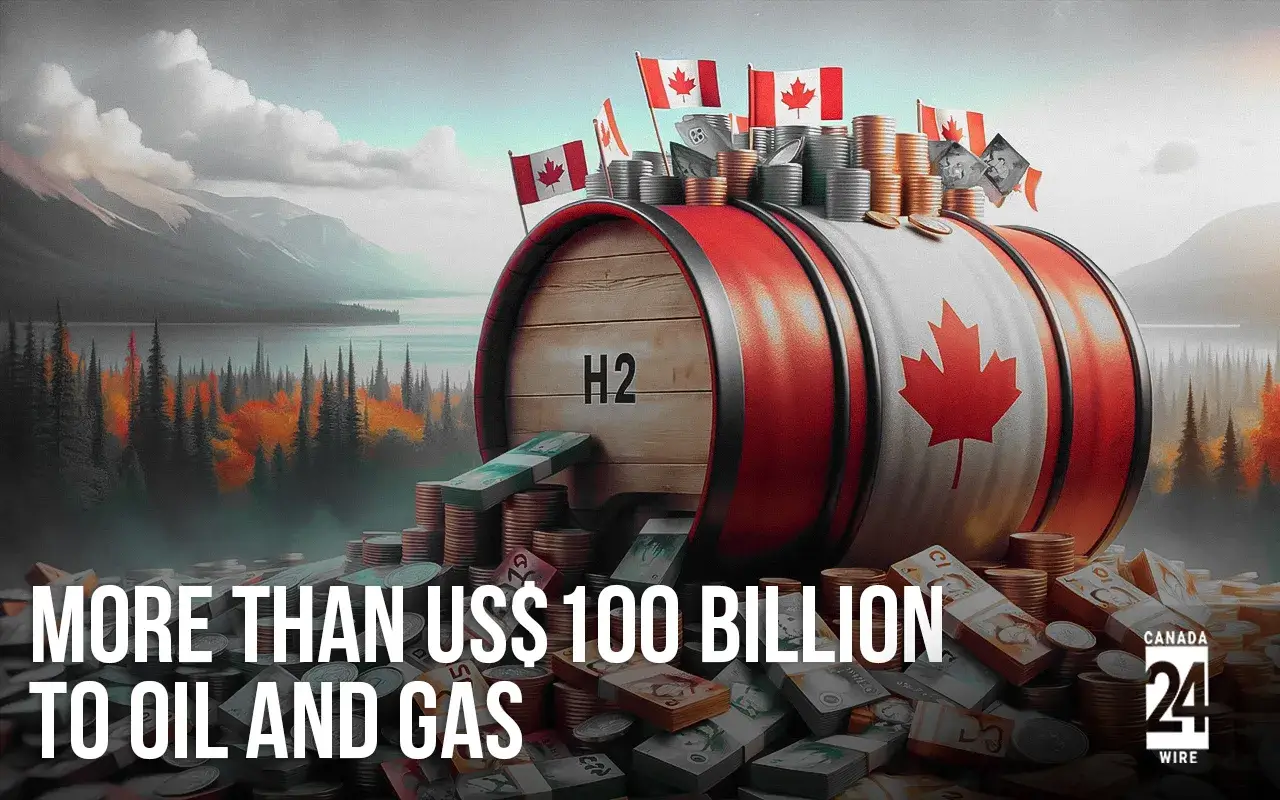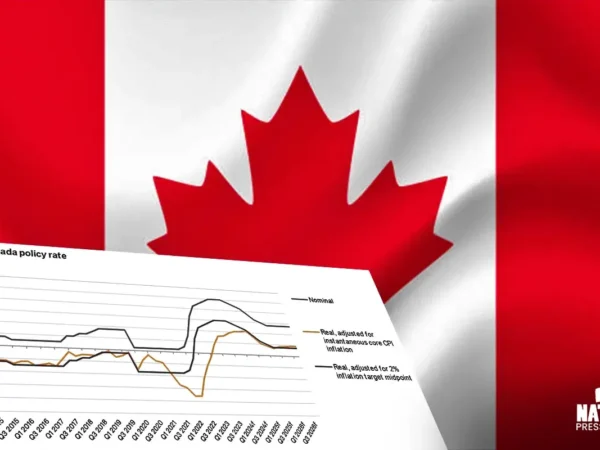Canadian banks provided almost US$104 billion in fossil fuel funding last year despite the urgent need to reduce emissions, says the latest report.
A Monday report by a coalition of climate groups said the total included $28.2 billion from RBC to rank seventh globally and $24 billion from Scotiabank for 10th place.
The top 60 banks have allocated USD 708 billion together.
For most of Canada’s five biggest banks, 2023 was among their lowest oil and gas financing levels in the eight years since the Paris climate accord.
BMO had its lowest year ever for fossil fuel financing since 2016 at $15.8 billion. CIBC, TD and RBC each had their lowest values except in the pandemic year of 2020, while it was the fourth lowest year for Scotiabank.
Although the numbers are reduced, they are still stark, said Richard Brooks, chief climate finance officer at Stand.earth.
“There’s still huge amounts of money in the range of, you know, tens of billions of dollars flowing into extreme forms of oil and gas, flowing into expansion projects that are going to lock us in for a long time.”
Canadian banks understand their important role in helping lead an orderly transition to a low-carbon future, Canadian Bankers Association spokeswoman Maggie Cheung said in a statement.
“Strong commitments are needed to accelerate clean economic growth, which is why banks are introducing climate action plans that set concrete targets to meet the demands of this global challenge.”
The banks’ climate targets are relatively long-term, including their net-zero emissions target by 2050. Only BMO has set an absolute reduction target by then.
The reduction in fossil fuel funding last year may have been due to shifts in the oil and gas industry. There are no major new oil and gas projects on the horizon, while oil and gas companies are also reaping big profits that help them self-finance costs and rely less on lenders.
Funding levels could decline further this year as major projects such as the Trans Mountain pipeline expansion and the Coastal GasLink pipeline are now nearing completion.
As per the report said the companies that were behind the projects were among the main beneficiaries of fossil fuel expansion financing worldwide. TC Energy Corp. raised $15.3 billion from the 60 banks listed in the report, while Trans Mountain Corp. raised $9.54 billion.
Enbridge Inc. Calgary-based was ranked first with $35 billion raised, though the report counts money it used for acquisitions as well as expanded pipeline capacity.
While trends in the oil and gas industry could mean less funding is needed from banks, Brooks said it’s still important for institutions to put policies in place to ensure the reduction of financed emissions.
He said he was concerned that banks were instead backing away from policy commitments, including BMO’s, to reduce lending restrictions to coal producers.
“If there is no policy to deliberately limit funding, then when a new project comes along, who will be the first in line to fund that project?







